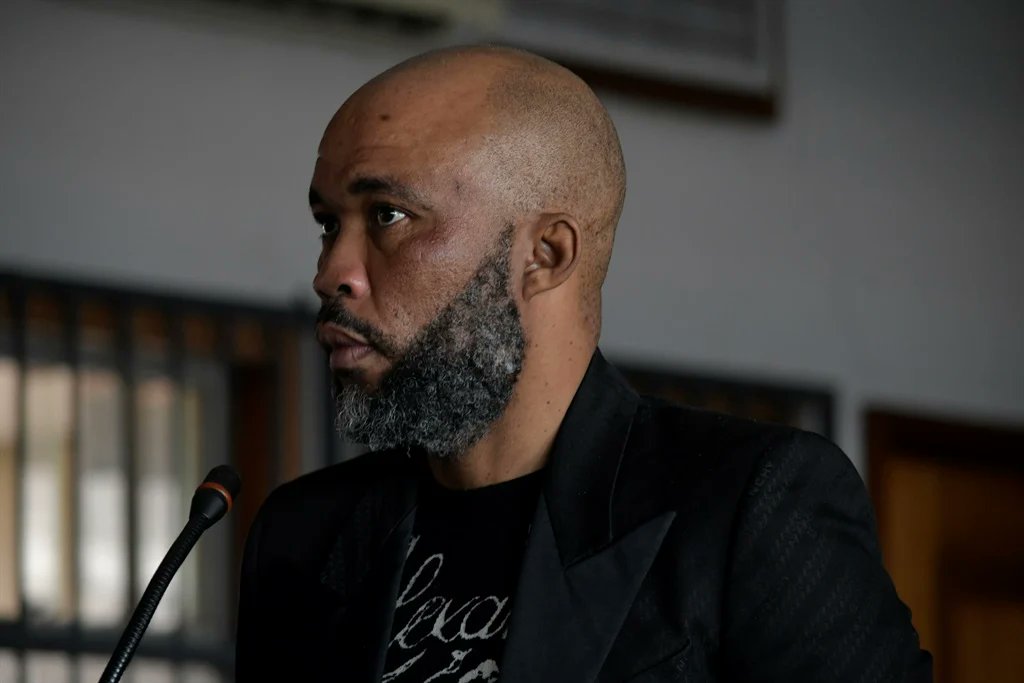A massive R360 million South African Police Service (SAPS) tender has become the centre of a sweeping corruption probe, with investigators now confirming that both politicians and high-ranking police officials are implicated.
The investigation focuses on the controversial awarding of a health risk management contract to Medicare24 Tshwane District, a company linked to controversial businessman Vusimuzi “Cat” Matlala. The tender, awarded in 2024, was terminated after the company failed to meet its contractual obligations, but not before suspicions of serious irregularities in the bidding process were raised.
A Web of Implication
The head of the Investigating Directorate Against Corruption (Idac), Advocate Andrea Johnson, revealed the expanding scope of the investigation while testifying before a parliamentary committee. She confirmed that the case, referred to Idac by the SAPS itself in February, is looking at potential fraud and corruption by police officials and Matlala’s associates.
When pressed by EFF leader Julius Malema on whether specific politiciansincluding former police ministers Bheki Cele and Senzo Mchunuwere under the microscope, Johnson declined to name names but confirmed the broad implication.
“It would be irresponsible to mention potential suspects until we get evidence,” Johnson stated, emphasizing a forensically careful approach. “What I can say is there are several persons implicated, regardless of their ranking and who they are. As long as there’s evidence, Idac will follow that evidence.”
The Mystery of the Wiped Phones
The investigation took a dramatic turn when Idac sought access to Matlala’s electronic devices, which had been seized by police during his arrest on unrelated matters. After navigating internal police channels, Idac finally received two cellphones from the Political Killings Task Team, still sealed in an evidence bag.
However, a digital forensic analysis revealed a critical problem: key data had been deleted.
“It became apparent that data had been deleted,” Johnson told the committee. Despite this attempted obstruction, investigators were able to recover enough information to press forward, uncovering a web of connections between SAPS officials and Matlala’s network.
The revelation points to a deep-seated scandal within the state’s security apparatus. It suggests that the rules of procurement were not just bent but broken, with a multi-million rand contract allegedly steered toward a connected individual, and that efforts were made to cover the tracks. The question now is not just who benefited, but how high the evidence will lead.



























